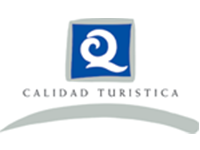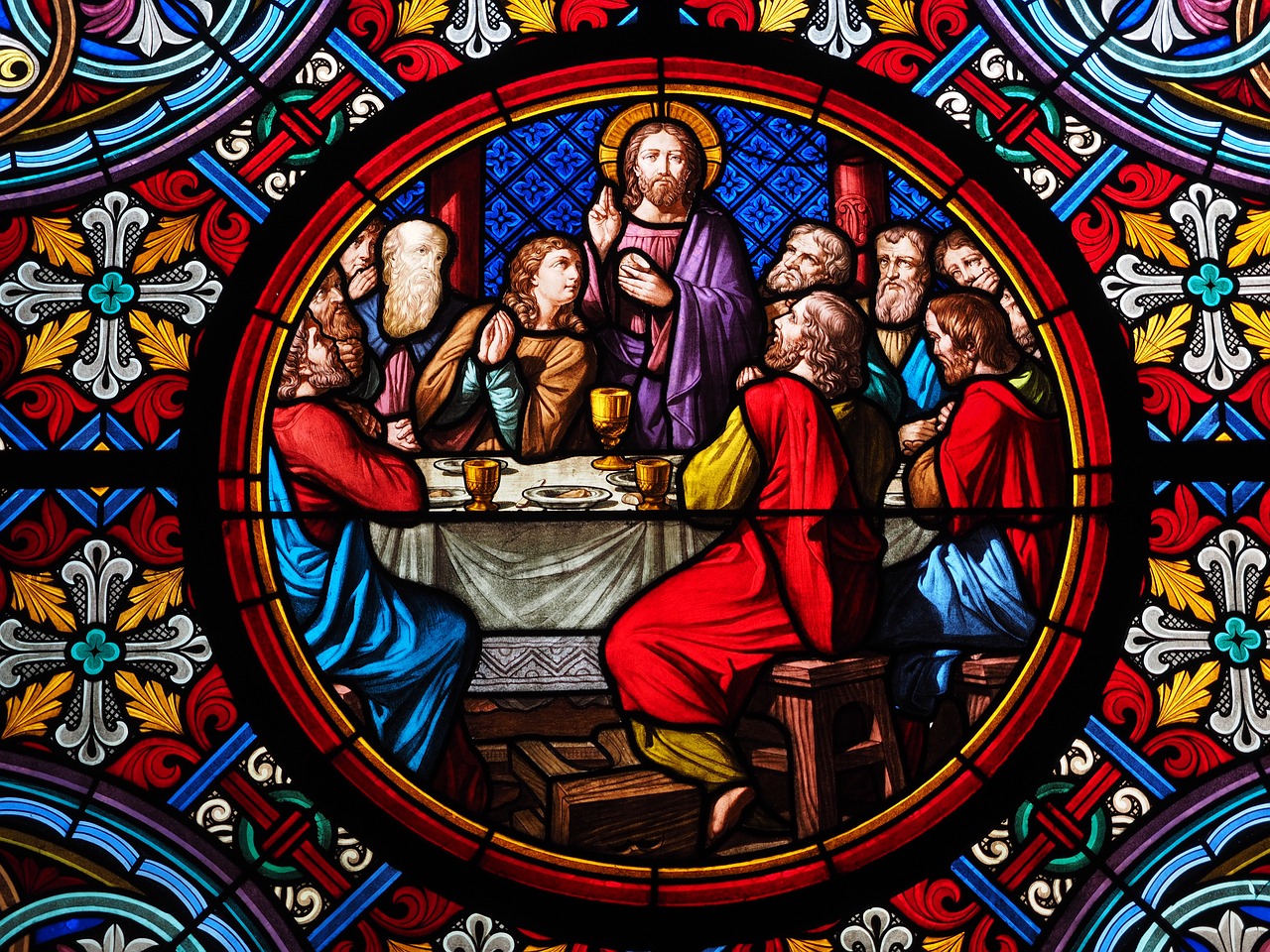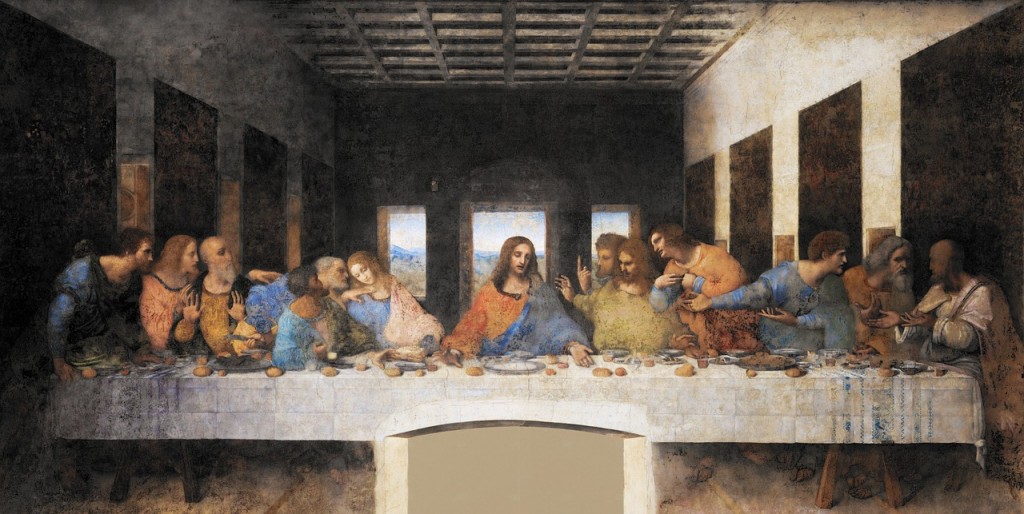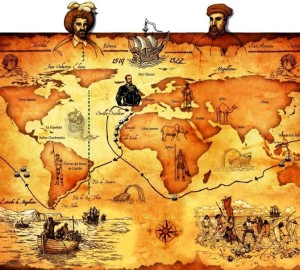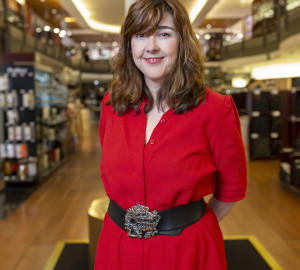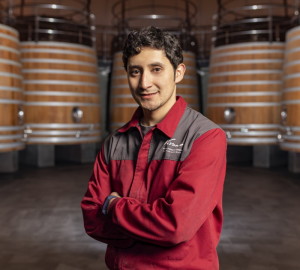Of all the beverages mentioned in the Bible (water, milk, beer, wine, etc.) wine, the fermented grape juice, tops the list of the most consumed alcoholic beverages of the time. In biblical times, the consumption of alcoholic beverages was not uncommon. As some scriptural references reflect, the inhabitants of ancient Palestine drank beer and wine made from different kinds of fruit, but biblical literature is ambivalent about alcoholic beverages, considering them both a blessing from God, bringing joy and fun, and a potential danger that could be used unwisely and turn into sin.
The truth is that wine appears on numerous occasions in the Bible and biblical literature: from Noah planting a vineyard and getting drunk in Genesis, to Jesus performing the miracle of turning water into wine at the wedding at Cana, and later incorporating wine as part of the main rite of Christianity: the Eucharist. In fact, Catholic theology regards the Eucharist as a sacrament instituted by Jesus Christ during the Last Supper.
The Last Supper was the final time Jesus gathered with his 12 disciples, or apostles, to share bread and wine before his death. The event, which is remembered annually by the Christian community with the feast of Maundy Thursday, enjoys a vast iconography and referencing in both literature and the world of film. One of the great myths surrounding the Last Supper, apart from the chalice that Jesus used (known as the Holy Grail), is what wine Jesus drank during the meeting.
Recreating the wine of the Last Supper
A group of scientists at Ariel University in the West Bank have been trying for years to recreate the brew that Jesus Christ drank during the Eucharist more than 2,000 years ago today. To achieve their goal, the researchers have identified 120 different grape varieties that grew in Israel at the time.
Today they have reduced the range of varieties to a total of 20, although they claim that it will take time to determine which of them was the grape variety used to produce the wine consumed during the Holy Supper. Today the discussion about which grape varieties existed in those times is latent, although there is a certain consensus among experts in recognising that in the lands of Jesus the dominant grape was the ancestor of today's Syrah, a grape variety that originated in Persia.
Some scholars, such as sommelier Diego Di Giacomo, say that the Romans of Jesus' time liked white wine (many red wines were clarified with additives such as marble dust, egg white or chalk to lower their acidity), but that in the regions of Palestine they preferred red wine. Moreover, "in the Bible", he says, "whenever wine is mentioned, it is always red".
Two millennia ago, there was a practice of adding water, honey, herbs or spices to finished wines, as well as storing the grape juice in wineskins or goatskins. After fermentation, only the best wines, pure and unadulterated, were placed in vats for a period of time to make them easier to drink over time. All this, together with other methods such as leaving the grapes exposed to the action of hot smoke, gave the drink a certain smoky flavour.
In fact, in Judea, a region near Jerusalem, where the Last Supper is believed to have taken place, a jar was discovered with the following inscription: "Wine made with black sultanas". This means that winemakers of the time may have used dried grapes in the production of sweet, dense beverages. Jars of "smoked wine" and "very dark wine" were also discovered in nearby areas, says Patrick McGovern, assistant professor of anthropology at the University of Pennsylvania and an expert on ancient cuisine.
For all these reasons, and according to some experts on the subject, the wine that Jesus drank at the Last Supper, during the Passover period, would be, with a certain margin of error, "a dense, full-bodied wine, with a short ageing period, with an alcohol content of around 14 degrees, from grapes related to what is known today as Syrah".
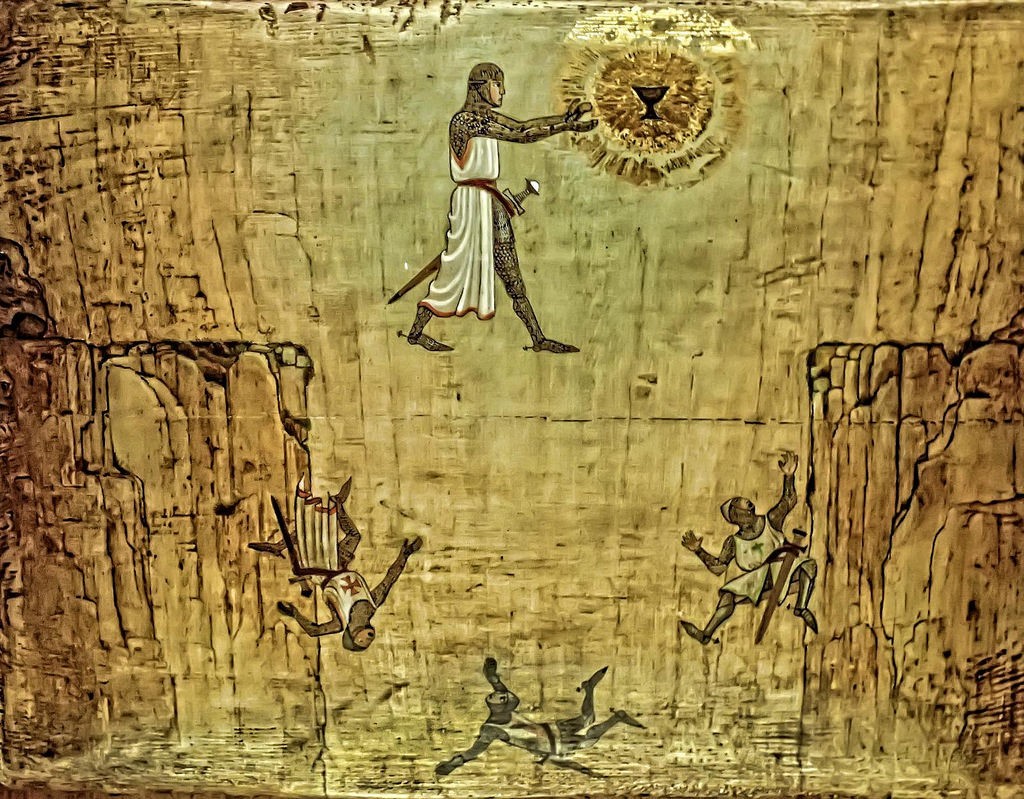 Photo: mharrsch
Photo: mharrsch
Did Jesus drink wine with alcohol in it?
There is controversy as to whether Jesus ever drank wine with alcohol in it. Some claim that what Jesus drank at the Last Supper was not wine but grape juice, or that the drink of the evening was not fermented wine. According to Pedro Torres, "It is impossible that Jesus celebrated the Last Supper with fermented ingredients, so the wine he used must have been, according to the Torah, must or unfermented wine. Fermented symbolises "sin in 1 Corinthians 5:8:". Although there are other sources, such as the International Standard Bible Encyclopedia, which suggest that in New Testament times, wine usually existed in fermented form:
"Unfermented grape juice is a very difficult thing to preserve without the aid of modern antiseptic precautions, and its preservation in the warm and not too hygienic conditions of ancient Palestine was impossible (p.3086)".
Be that as it may, what we will hardly be able to determine is the taste or aroma of the wine that Jesus drank during his last evening, given the impossibility of finding today a wine equivalent to that of so distant a date. Although perhaps it is better this way, if we had the chance to taste it today, its flavour would surely not be to our liking.


